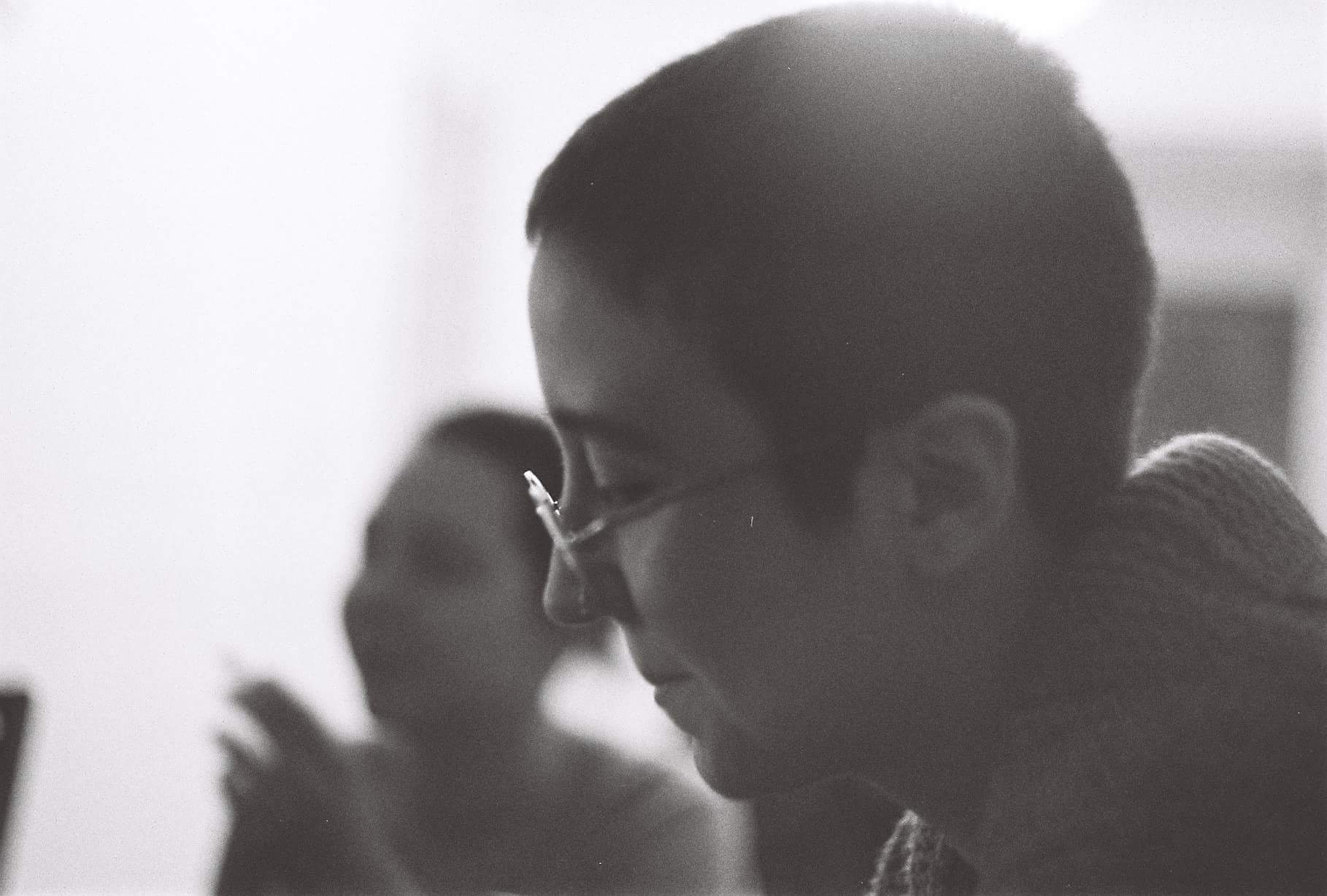
Aslı Koruyucu, an M.A. student in Cultural Studies at Sabanci University in fall 2016, interviewed an individual who identified as transgender and Kurdish, with Armenian background on his father’s side and Alevi on his mother’s side.
In her paper, Aslı reflects:
“I find it quite significant that Armenian and Kurdish identities are again being remembered together in recent years. As minorities in Turkey, these groups shared similar experiences, with individuals moving between these identities from time to time.”
Asli suggests that "Mustafa" “expresses his transgender identity in tandem with his family’s multicultural heritage. Even though he was not taught that being Kurdish involved a personal choice, he currently embraces this identity as a personal choice. He is trying to live the two identities in tandem: transgender male identity which he views as a choice and Kurdish identity which ‘was not taught him as involving a choice’.”
According to Mustafa, he often has trouble on long-distance bus trips when he goes to visit his family in Ankara. This is because men are required to sit next to men, and women next to women on buses in Turkey, and the women he sits next to can react to the transgender man with a legal identity as female. It is particularly revealing that Mustafa’s solution to this problem has been to choose buses traveling to Turkey’s Kurdish cities, where he feels less excluded by the Kurdish women he sits next to.
From the interview:
“This is how I feel…I think…they don’t imagine [that he is transgender]…so they are at ease…and…I mean, a lady going from here…to an eastern province…another person who is traveling with her I mean…going from west to east…she too is going from west to east…a universty student, a bit marginal…that’s what it comes down to for her.”
“I am proof that all identities are made up. I mean, none have any meaning. I mean…to engage in some kind of politics, yes, you have to embrace some identities. But does this make us freer, or do the frames of these identities restrict us? For example, when I first came to Istanbul University, I found out that being ‘other’ was beautiful. But when we were in Antep, being ‘other’ was not beautiful at all. Being a Kurd was a really bad thing, for example. There were times we were beaten for being Kurdish. We never told anyone ‘we are Kurds’. But when I came to Istanbul University, I realized this: If you are a Kurd, they like you.”
In this project, the interviewee preferred to remain anonymous.
